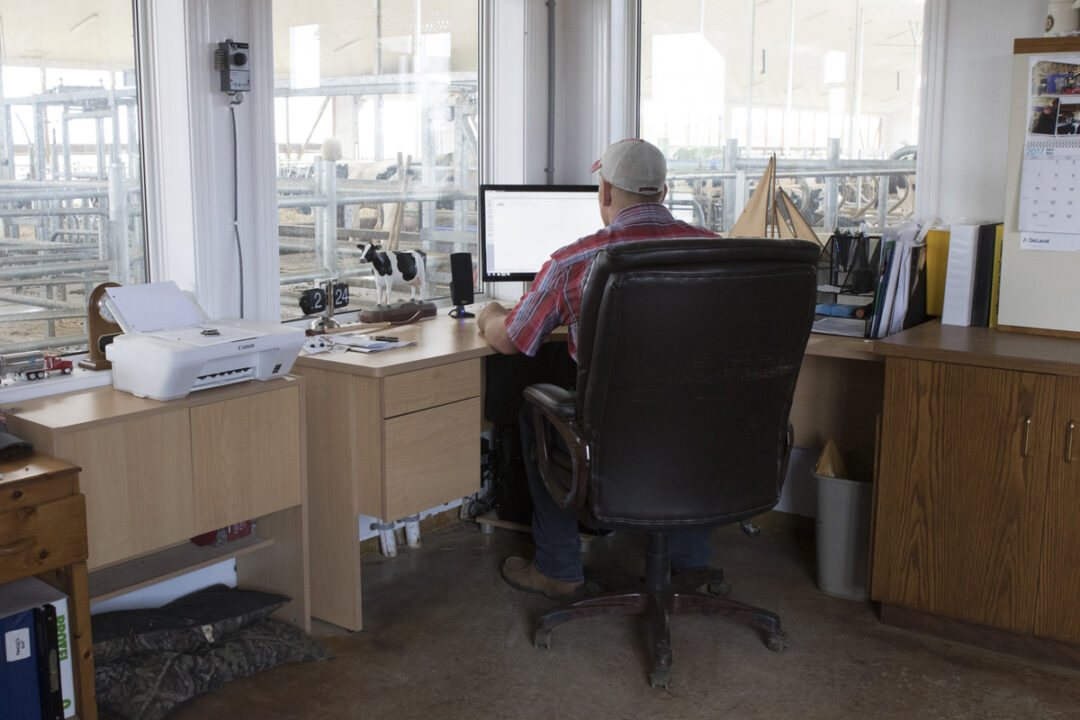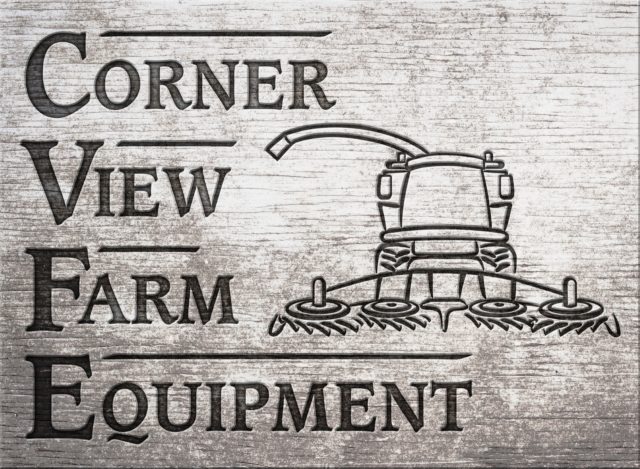How many articles have you read on transition planning?
(Wait, don’t stop reading! I promise this is not another boring transition plan article.)
Have any of them motivated you to get started yourself?
How many sound too good to be true – too easy or way too complicated? Transition/succession/estate planning can be intimidating, but here are four points that I hope ease some fears, answer questions and light a fire under you to stop procrastinating.
1. Stay open and push through. Every plan will change and evolve. Don’t give up.
Most people get frustrated when plans change, and it takes more time (that you don’t have) to hash out details. Unfortunately, to create an effective transition plan, it’s not as easy as sitting down at your kitchen table with just your accountant and attorney over a few hours during the winter months and wrapping it all up before you must get in the field. Some plans are well organized and still take more than a year to get ironed out.
Tough conversations can seem like the “terrible twos” stage of transition planning, but are a necessary evil. While there may be some heated discussions and emotional meetings between family and partners, you (and your farm business) will get through this. There will be times between discussions that one-off comments come up between parties, and something someone says will get under your skin. You’ll also do it to someone else and not even know it. Don’t make a mountain out of a molehill. People say stupid stuff – get over it (ask for clarification if you must) and move on. In the long run, having these difficult conversations now can save you from having even harder decisions (with likely less options) to make in the future. You need to suck it up, embrace the challenge, and trust it will pay off in the end.
Two-year-olds grow out of the tantrums and tears, and so will your transition planning process.
2. Zip it, listen up, don’t play mind games and ask questions.
Many transition plans start with two or three people that need to talk but don’t know what to talk about or even where to begin. Likely the matriarch/patriarch of the family is tired of the “no talking” and now is forcing you to talk. One person may feel more passionately about an area of the business than someone else, and/or may believe in a different focus or direction. Everyone involved needs to be heard and feel their opinions are valued, which involves actively listening to one another (zip it) and setting any prejudices you may have aside.
You need to be direct and ask the other parties to be as well. Asking specific questions about what your family/children/partners want in responsibilities and ownership (listen up) will save time and aggravation. Don’t assume a transition in their eyes will look the same as yours. Don’t play mind games and see who will bring up a subject first to score their interest or skill level. Transition plans die when people feel they were led on to thinking they would receive something that was never going to happen. If you’re hitting roadblocks, find the right consultant to work with that will ask questions for you and facilitate the planning process.
3. Forming an LLC just to have an LLC is not going to make it easier.
Limited liability companies (LLCs) are entities that can help bring in new owners or managers while allowing existing owners or managers to stay in the picture and exit over time. They allow multiple partners or generations to be in the same business, so to speak, but they are not all magical and don’t automatically create harmony or fix existing issues.
Think of an LLC like a marriage license with your business partners or family members. Yeah, an LLC agreement should not be taken lightly. An LLC might be something that works well for your business to transition ownership and management, but many farms have been passed down for a long time before the LLC came on the scene. It is a waste of time, money and resources to visit an attorney, request an LLC and then have no idea how this will benefit your business (and then deal with the extra, ongoing administrative work and cost).
Make sure you consult with professionals with experience in farm business, and your situation, before taking steps that might not get you anything that meets your needs.
4. For Pete’s sake, make a will if you haven’t already!
If you don’t have a will – make this a top priority and get one done. Find an attorney you trust and who is knowledgeable, because it’s your responsibility to your family and the executor of your estate to leave a plan for them. (While you are at it, get a healthcare power of attorney). Without an estate plan, everything becomes increasingly chaotic and messy, especially when that involves a family-owned business. A benefit to having your will created is that many of the same questions you must consider will bleed into transition planning. Build from there.
Don’t be too afraid (or stubborn) to start the steps of transition/succession/estate planning. There are many resources available to help you through the process and customize your business’s plan to fit your needs.






